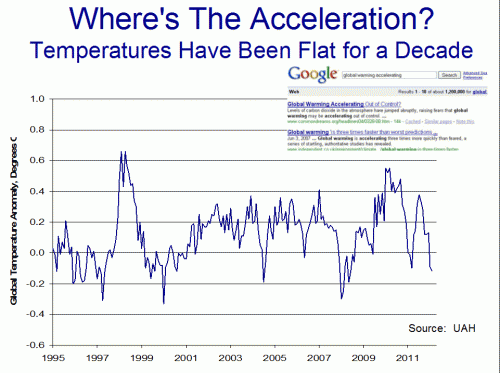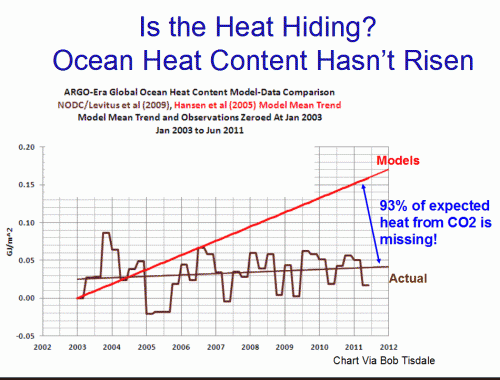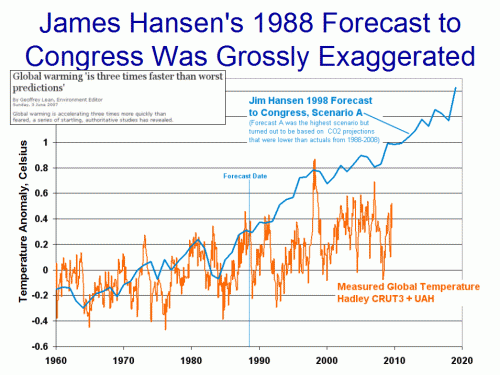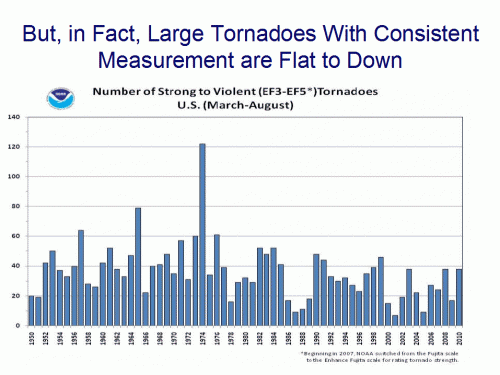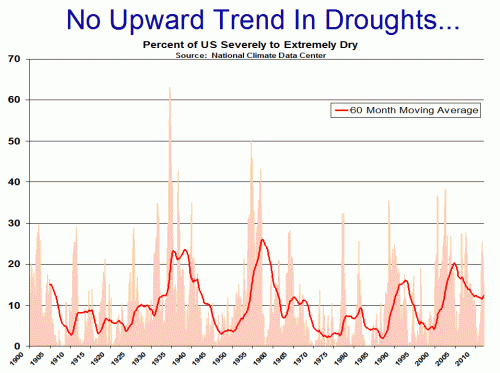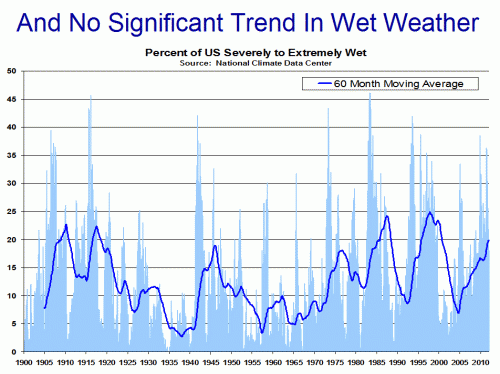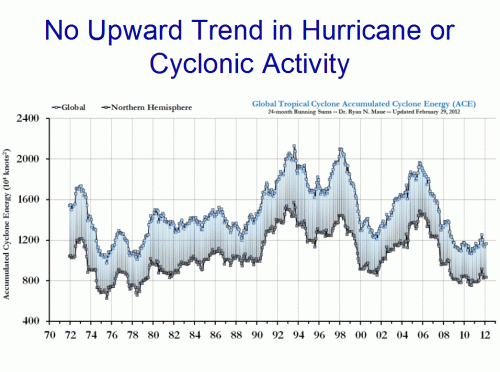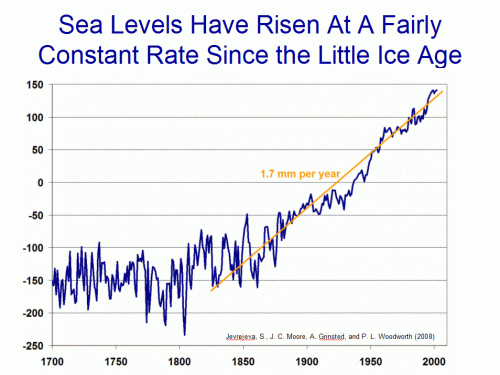Steve Zwick walked back his comments about letting skeptics’s houses burn down and tries to clarify the point he was trying to make. I have further comments in a new Forbes article here. An excerpt:
Steve Zwick has posted an update to the post I wrote about last week and has decided the house-burning analogy was unproductive. Fine. I have written a lot of dumb stuff on a deadline. In his new post, he has gone so far in the opposite direction of balance and fairness that I am not even sure what his point is any more — the only one I can tease out is that people who intentionally bring bad information to a public debate should be held accountable in some way. Uh, OK. If he wants to lock up the entirety of Congress he won’t get any argument out of this libertarian.
Here is the problem with Mr. Zwick’s point in actual application: Increasingly, many people on both sides of the climate debate have decided that the folks on the other side are not people of goodwill. They are nefarious. They lie. They want to destroy the Earth or the want to promote UN-led world socialism. If you believe your opponents are well-mentioned but wrong, you say “they are grossly underestimating future climate change which could have catastrophic effects on mankind.” You don’t talk about punishments, because we don’t punish people who take the wrong scientific position — did we throw those phlogiston proponents in jail? How about the cold fusion guys?
However, when the debate becomes politicized, we stop believing the other side is well-intentioned. So you get people like Joe Romm describing the people on the two sides of the debate this way:
But the difference is that those who are trying to preserve a livable climate and hence the health and well-being of our children and billions of people this century quickly denounce the few offensive over-reaches of those who claim to share our goals — but those trying to destroy a livable climate [ie skeptics], well, for them lies and hate speech are the modus operandi, so such behavior is not only tolerated, but encouraged.
This is where the argument goes downhill. When one group believes the other side is no longer just disagreeing, but “trying to destroy a livable climate” and for whom “lies and hate speech are the modus operandi,” then honest debate is no longer possible. If I honestly thought a group of people really, truly wanted to destroy a livable climate, I might suggest letting their houses burn down too.

